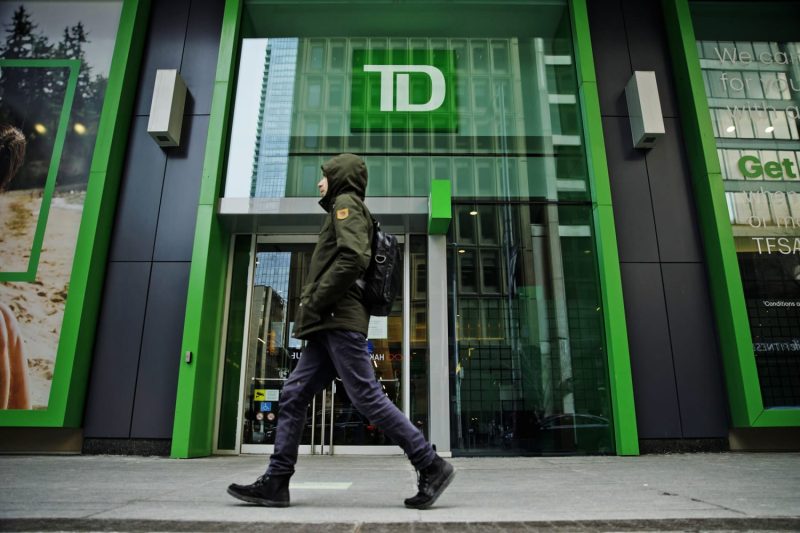TD Bank Pleads Guilty in Money Laundering Case: Will Pay $3 Billion in Penalties
TD Bank, one of the largest banks in North America, recently pleaded guilty in a high-profile money laundering case. The bank has agreed to pay a staggering $3 billion in penalties to settle the charges brought against it by regulatory authorities. This case has sent shockwaves through the financial industry, raising concerns about the prevalence of illegal activities within major financial institutions.
The investigation into TD Bank’s alleged money laundering activities began several years ago, when suspicious transactions were flagged by regulators. It was discovered that the bank had been facilitating large transfers of funds without conducting proper due diligence on the source of the funds or the beneficiaries. This lack of oversight allowed criminals to exploit the bank’s services for illicit purposes, including drug trafficking, terrorism financing, and other illegal activities.
The guilty plea by TD Bank represents a significant victory for law enforcement agencies and regulatory bodies in their fight against financial crimes. By holding a major financial institution accountable for its failures to prevent money laundering, authorities are sending a strong message that such behavior will not be tolerated. This case serves as a warning to other banks and financial institutions that they must adhere to strict anti-money laundering regulations and implement robust compliance measures to prevent criminal exploitation of their services.
In addition to the $3 billion in penalties, TD Bank has also agreed to implement a series of remedial measures to improve its anti-money laundering controls and compliance procedures. These measures include enhancing its due diligence processes, monitoring customer transactions more closely, and conducting regular audits to ensure compliance with regulatory requirements. By taking these steps, TD Bank aims to rebuild trust with its customers and regulators and demonstrate its commitment to upholding the highest standards of integrity and ethics in its operations.
The fallout from this money laundering case is likely to have far-reaching implications for TD Bank and the wider financial industry. The reputational damage caused by the scandal may lead to a loss of customers and investors, as well as increased regulatory scrutiny and oversight. However, by taking responsibility for its actions and committing to reforms, TD Bank has an opportunity to learn from its mistakes and emerge stronger and more resilient in the long run.
As the dust settles on this high-profile case, it serves as a timely reminder of the importance of robust anti-money laundering controls in the financial sector. Banks and financial institutions must remain vigilant and proactive in detecting and preventing illicit financial activities to protect themselves, their customers, and the wider economy. Only by working together with regulators, law enforcement agencies, and other stakeholders can the financial industry effectively combat money laundering and safeguard the integrity of the global financial system.


